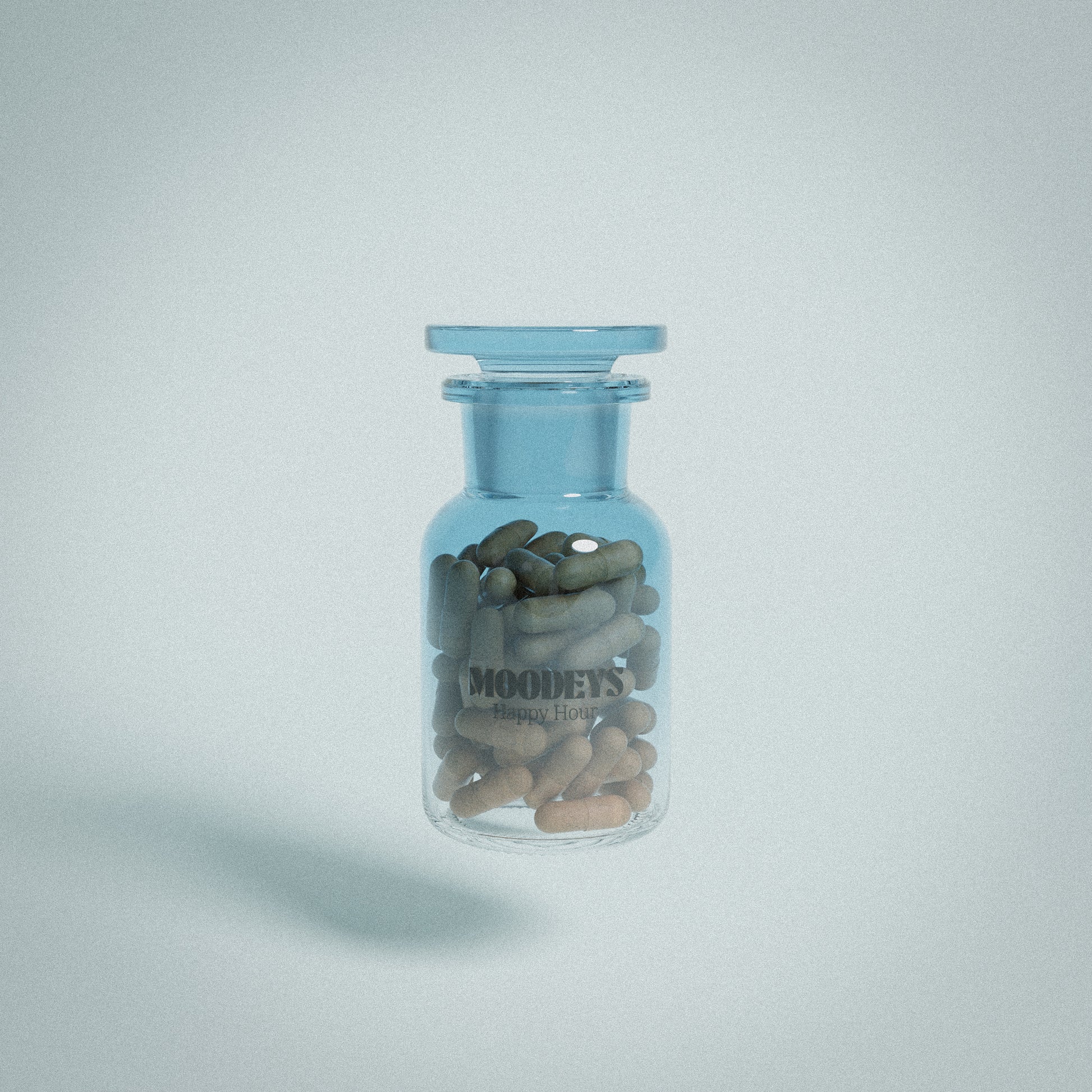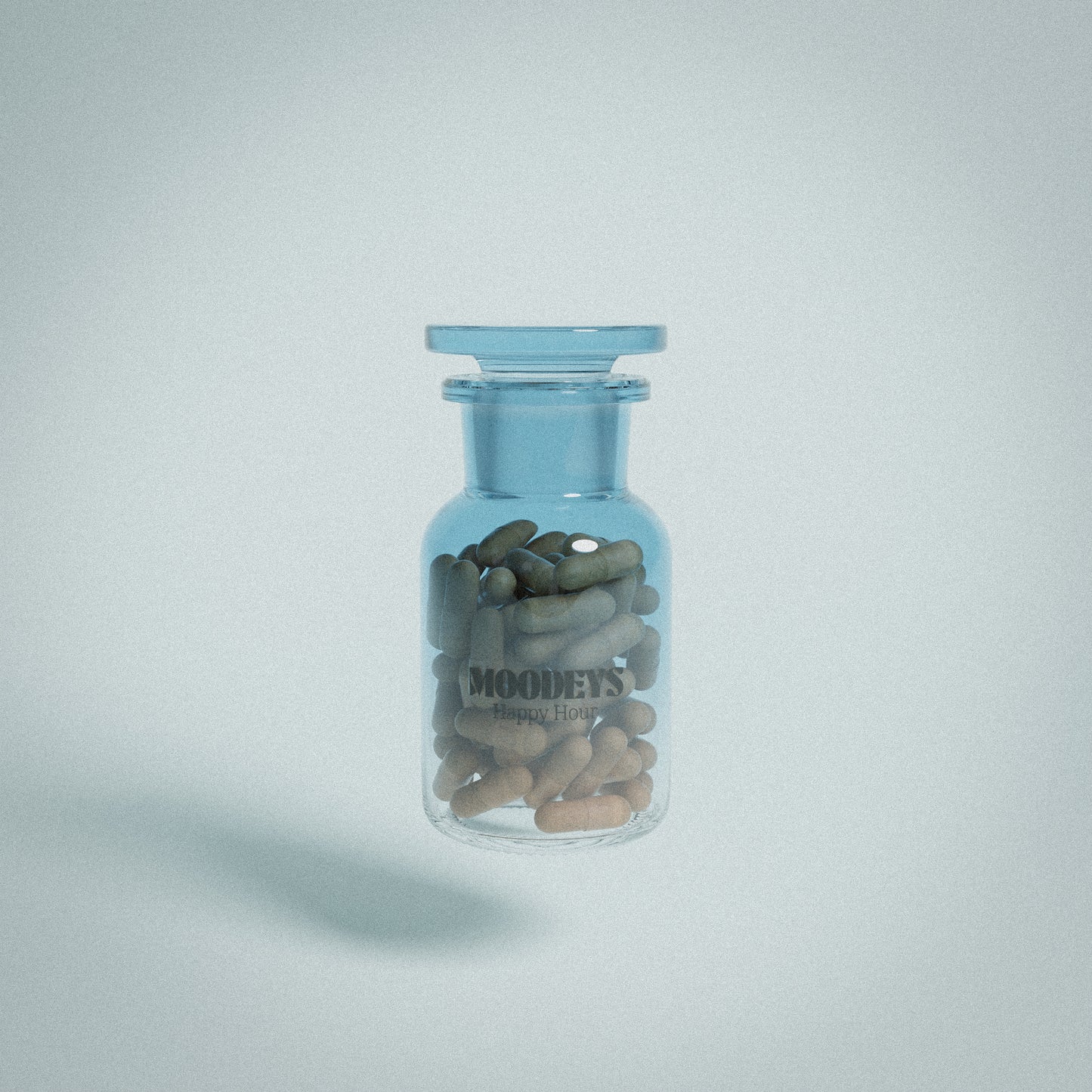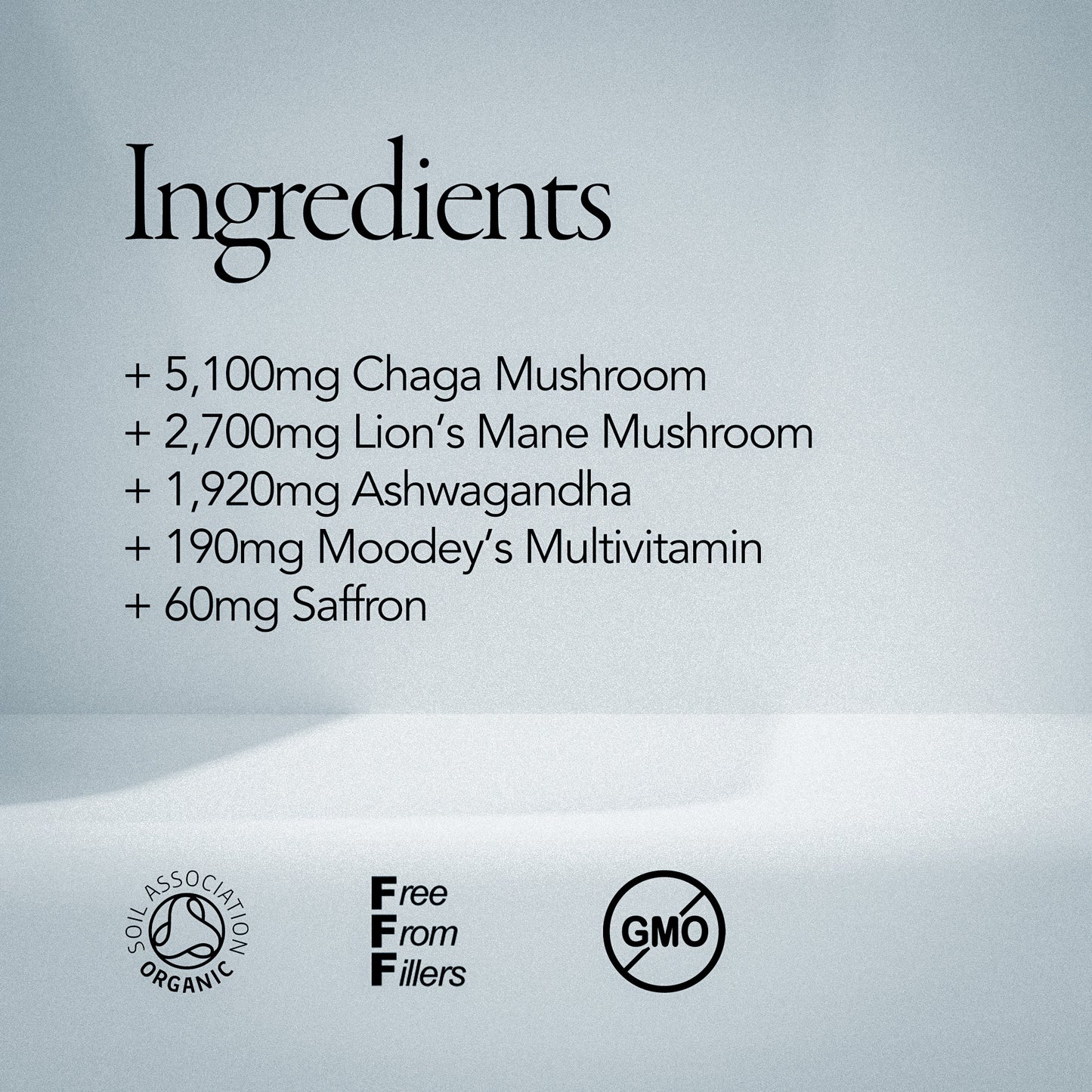
5 Most Important Supplements for Your Daily Health
Maintaining optimal health is a multifaceted endeavor. It involves a balanced diet, regular exercise, adequate sleep, and mental well-being. However, even with a nutritious diet, it can be challenging to ensure you're getting all the necessary vitamins and minerals your body needs to function optimally. This is where dietary supplements come into play.
In this article, we will explore five of the most important supplements. Incorporating these supplements into your daily regimen can support your overall health and well-being.
5 Most Important Supplements
1. Vitamin D
Vitamin D is crucial for maintaining healthy bones and teeth. It supports immune function, and regulates the absorption of calcium and phosphorus. Despite its importance, many people have insufficient levels of this essential nutrient. Especially those who live in regions with limited sunlight exposure.
Supplementing Vitamin D
Research shows that a vitamin D supplement can help fill this gap. Promoting bone health and enhancing immune system function. Low levels of vitamin D have links to chronic diseases, like osteoporosis, cardiovascular disease, and some cancers. Thus, taking a daily vitamin D supplement can be a prudent measure to ensure long-term health.
Moodeys’ Vitamin D
All Moodeys products provide the recommended daily dosage of vitamin D. This makes them a great option if you're unable to get enough from sunlight or your diet. Give Moodeys a try!
2. Magnesium
Magnesium is part of over 300 enzymatic reactions in the body. These include energy production, protein synthesis, and muscle and nerve function. Unfortunately, magnesium deficiency is quite common due to factors like poor dietary habits and soil depletion. Soil depletion affects the magnesium content in our food.
Supplementing Magnesium
Supplementing with magnesium can help maintain healthy magnesium levels, support cardiovascular health, regulate blood sugar levels, and alleviate symptoms of anxiety and muscle cramps. Magnesium supplements are particularly beneficial for those who have difficulty meeting their magnesium requirements through diet alone.
3. Vitamin B12
Vitamin B12 is vital for the production of red blood cells, DNA synthesis, and proper neurological function. A deficiency in vitamin B12 can lead to anemia, fatigue, and neurological issues. This vitamin comes primarily from animal products, making supplementation particularly important for vegetarians and vegans.
Supplementing Vitamin B12
Long-term vitamin B12 deficiency can have serious consequences, including irreversible nerve damage. Therefore, ensuring adequate intake through dietary supplements is crucial for those at risk of deficiency. All Moodeys products contain Vitamin B12. The highest-dosed Vitamin B option is Rest & Repeat with 160% NRV.
4. Omega-3 Fatty Acids
Omega-3 fatty acids, particularly EPA and DHA, are essential for brain function, heart health, and reducing inflammation. These fatty acids are predominantly in fatty fish, such as salmon and mackerel. However, many people do not consume enough through diet alone.
Supplementing Omega-3
Supplementing with omega-3 fatty acids can lower the risk of heart disease, improve mental health, and support cognitive function. Fish oil or algal oil for vegetarians, can help ensure you receive an adequate amount of these critical nutrients.
5. Multivitamins
Multivitamins are comprehensive dietary supplements that contain a combination of essential vitamins and minerals. They help to fill nutritional gaps and ensure you receive a broad spectrum of nutrients that may be lacking in your diet.
Using a Multivitamin Supplement
While it’s essential to strive for a nutritious diet, multivitamins can help policy to cover any deficiencies. They support overall health, immune function, and energy levels. It’s important to choose a high-quality multivitamin that provides the right balance of nutrients without excessive high doses of any single vitamin or mineral.
Moodeys’ Multivitmin
Moodeys multivitamin in Wake-Up Call and Happy Hour may help with any gaps you have.
Incorporating Supplements into Your Daily Routine
When incorporating these supplements into your daily routine. If possible consult a healthcare provider before any drastic changes. Over-supplementation can lead to adverse effects, so it’s important to strike a balance.
Using Moodeys'
We've designed our products with this balance in mind. We provide the right mix of vitamins and minerals to support your health without risking excessive intake.
How to spot signs of vitamin and mineral deficiency
Understanding your body's signals is key to maintaining optimal health. One crucial aspect is recognizing signs of vitamin and mineral deficiencies. These deficiencies can manifest in various ways, often subtly.
Recognizing Common Deficiency Symptoms
Vitamin and mineral deficiencies can cause a range of symptoms. Some are quite common across different deficiencies. Fatigue, dizziness, and pale or yellow skin are often early signs.
These symptoms can be subtle and easily mistaken for other health issues. Here are some common symptoms to watch out for:
- Fatigue or constant tiredness
- Dizziness or lightheadedness
- Pale or yellow skin
- Frequent infections
- Unexplained bruising
- Hair loss
- Delayed wound healing
Remember, these symptoms can also be caused by other health conditions. If you're experiencing any of these signs, it's important to consult with a healthcare provider. They can help determine if a deficiency is the cause.
When to Seek Medical Advice
If you notice signs of deficiencies, it's important to consult a healthcare provider. They can confirm any suspicions through blood tests and provide guidance on dietary changes or supplements.
Conclusion
In conclusion, a nutritious diet should always be your primary source of vitamins and minerals. However, dietary supplements can play a vital role in ensuring you meet your nutritional needs.
Vitamin D, magnesium, vitamin B12, omega-3 fatty acids, and multivitamins are among the most important supplements. You should consider consuming these supplements if you're noticing signs of deficiency.
By incorporating these supplements into your routine, you can support your immune system, enhance cognitive function, maintain healthy energy levels, and promote long-term health and well-being.
Achieving effective supplementation requires a strategic approach that emphasises both balance and quality. It's essential to select organic premium products and adhere to the recommended dosages. Seek guidance from healthcare professionals to customise your supplement plan according to your unique health requirements.

Happy Hour


